The Sleep Deep Dive You Didn’t Know You Needed
Hi Friend,
Lately, I’ve been thinking a lot about sleep—how much we actually need, why it feels easier (or harder) at different times of the year, and which tools truly help optimize it. Sleep isn’t just about feeling rested; it’s the foundation of our mood, energy, and overall health.
This week, I’m diving into everything sleep-related: how much is actually ideal, why winter sleep hits differently (and why you might need more of it), the best wearables for tracking and improving sleep, and a simple pre-bed stretch routine to help you wind down.
Let’s get into it.
How Much Sleep Do We Really Need?
The ideal amount of sleep isn’t one-size-fits-all—it depends on factors like age, lifestyle, and even gender. According to the National Sleep Foundation, most adults need 7-9 hours per night for optimal health. But research suggests women may need slightly more, thanks to hormonal fluctuations, higher rates of insomnia, and the demands of multitasking. Personally, 9 hours is my minimum requirement.
A study published in Nature and Science of Sleep found that women experience more deep sleep than men but also have more fragmented sleep cycles—meaning they often need more overall rest. If you’re waking up groggy or relying on caffeine to power through the day, it might be time to reassess your sleep schedule.
Why We Need More Sleep in Winter
Ever feel extra sluggish in the colder months? You’re not imagining it—our sleep needs actually shift with the seasons. Shorter days mean less sunlight exposure, which triggers an increase in melatonin (the hormone that signals it’s time to rest).
Research from Frontiers in Neuroscience shows that humans experience longer REM sleep in winter, meaning our bodies naturally crave more restorative rest. Plus, cooler temperatures support deeper sleep, as our core body temperature naturally drops at night.
If you find yourself needing extra sleep in winter, don’t fight it—lean into it. Prioritizing rest can boost immunity, stabilize mood, and support metabolic health, making winter the perfect time to fine-tune your sleep routine.
Top Wearables for Better Sleep
Technology has made it easier than ever to understand and optimize our sleep. Here are four of the best wearables for tracking (and improving) your rest:
Oura Ring (My go-to!)
A sleek, lightweight ring that tracks heart rate variability (HRV), body temperature, and sleep stages. It gives a daily sleep score, helping you understand your overall rest quality.
WHOOP 4.0
This strap-style wearable monitors strain, recovery, and sleep cycles, offering personalized recommendations for better performance. A favorite among athletes and biohackers.
Apple Watch SE or Series 9/10
Tracks deep, REM, and light sleep while seamlessly integrating with the Health app. Simple, effective, and great for those already in the Apple ecosystem.
Fitbit Sense 2 (Budget-friendly & data-rich!)
Provides a Sleep Score, tracks stress levels, and offers personalized bedtime guidance based on your patterns.
New to sleep tracking? Start by wearing your device consistently for two weeks to gather baseline data. Then, tweak your routine—adjust your bedtime, cut late-night screen time, or track your HRV to see what helps you feel most rested.
A Pre-Bed Stretch Routine for Better Sleep
Stretching before bed is one of the simplest ways to calm the nervous system, release tension, and prep the body for deep sleep. Try this gentle nighttime stretch routine from The Corrective Collective:
This short sequence focuses on opening the hips, lengthening the spine, and activating deep breathing—all of which help transition the body into a state of rest. Add it to your nighttime ritual and see if it improves your sleep quality.
The more I've learned about sleep over the years, the more I realize how much it impacts everything—from focus and energy to recovery and immunity. If you’ve been feeling off, play around with your sleep routine. Maybe you need an extra 30 minutes, a wind-down ritual, or a wearable to give you deeper insights.
If you try any of these tips, let me know how they work for you! Wishing you deep, restorative sleep and energized mornings.
In love and alignment,
Maddie


